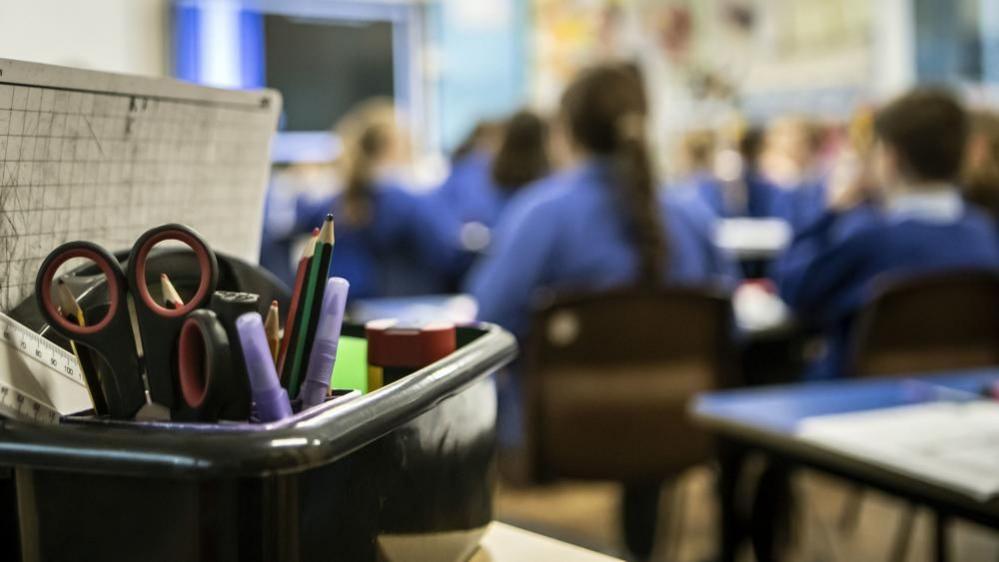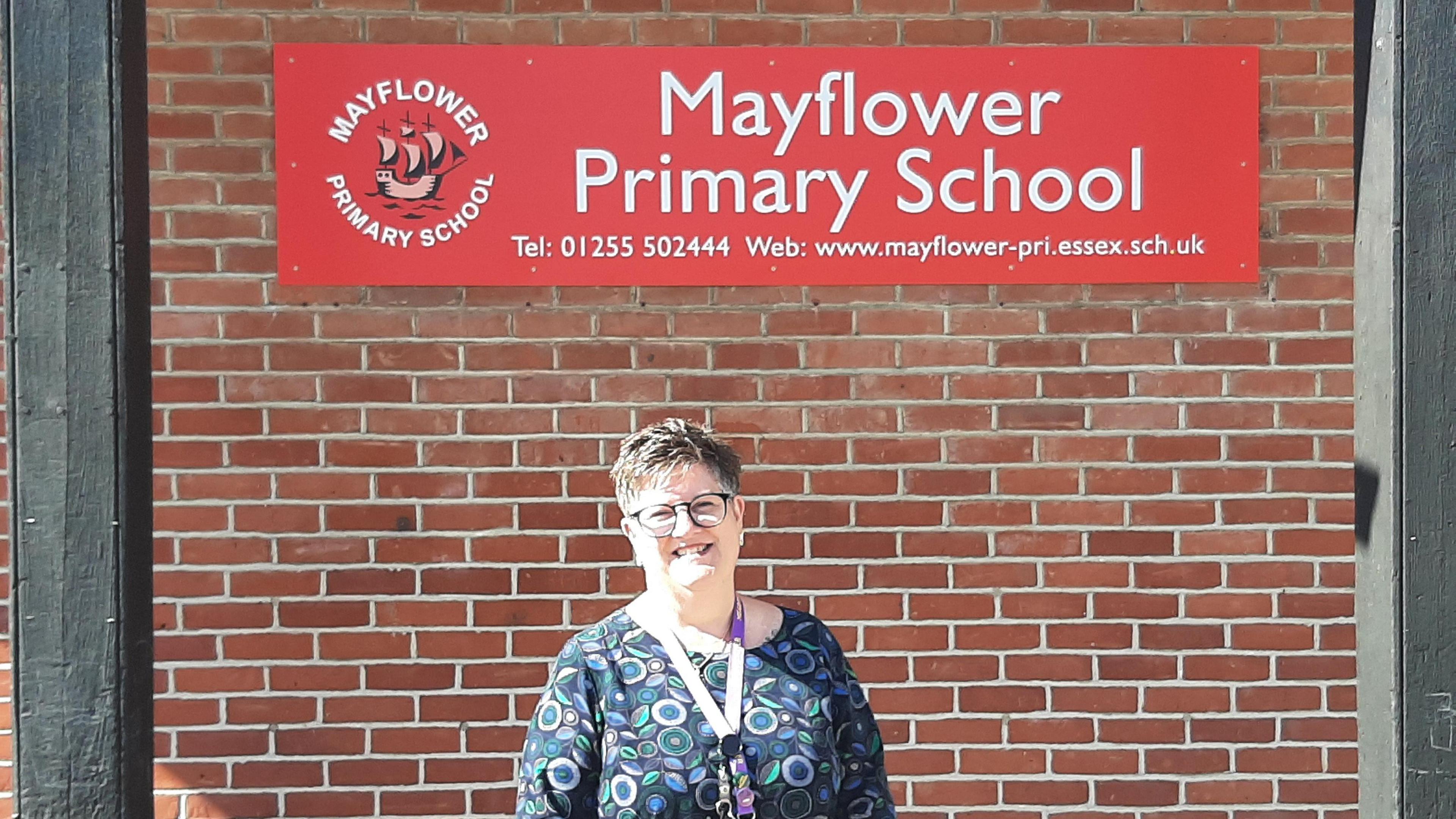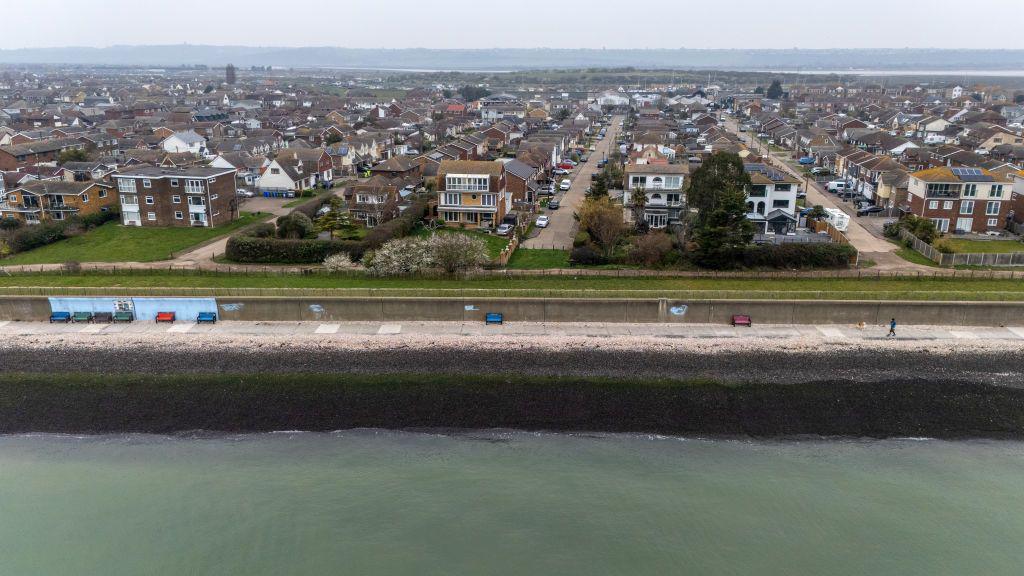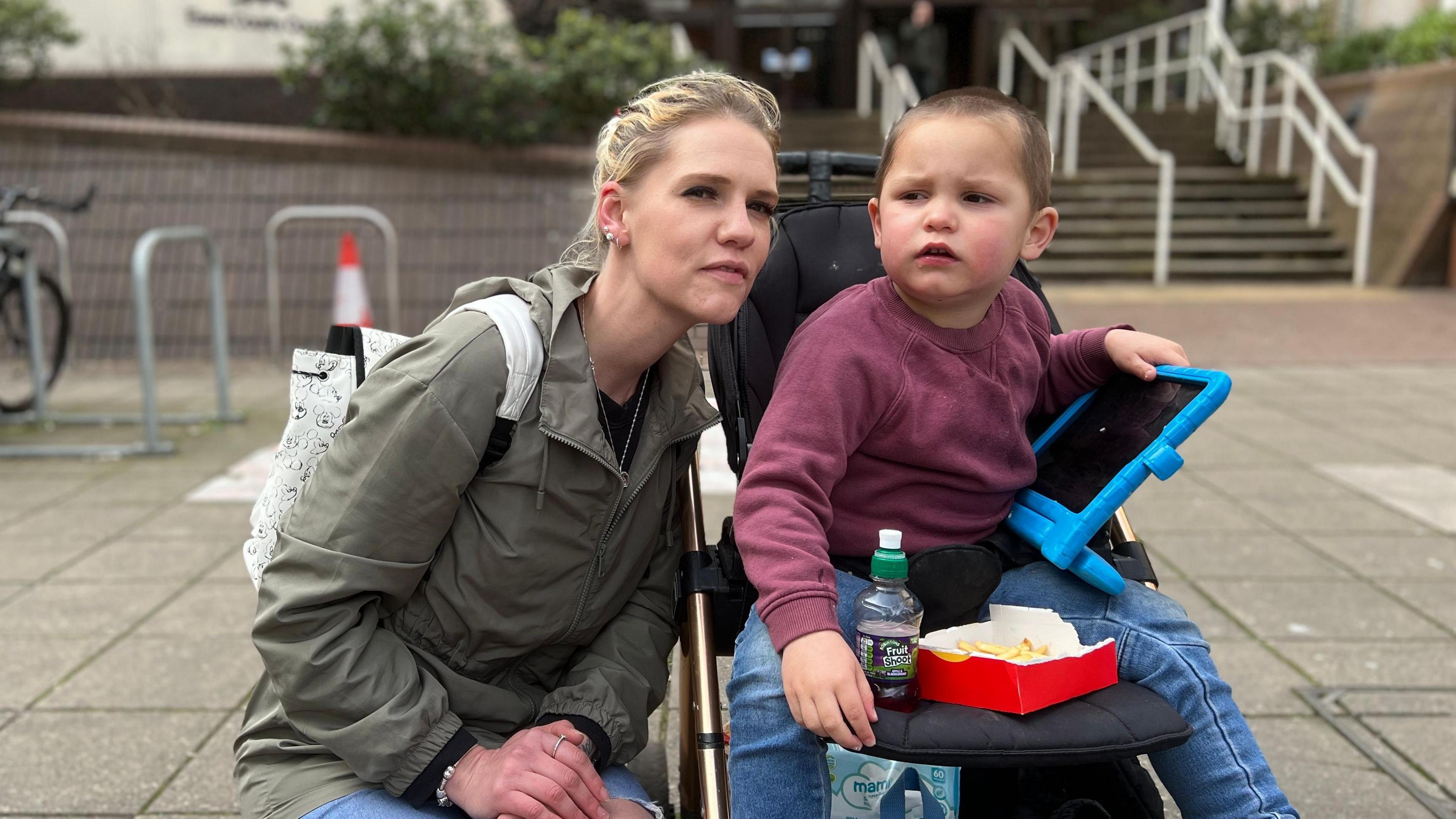School starters can't blow their noses - teachers

A head teacher said some parents "don't have a clear understanding of children's developmental needs"
- Published
Teachers have told the BBC that too many children start primary school unable to blow their own noses or take themselves to the toilet.
Liz Bartholomew, from Mayflower Primary School in Dovercourt, said some parents "don't have a clear understanding of children's developmental needs".
Other Essex teachers told the BBC that some pupils arrived at school unable to blow their own nose, hold pencils or sit up straight in their chairs.
School readiness was examined in a recent report by the Essex Caring Communities Commission.
The independent commission, which was sponsored by Essex County Council, suggested setting up task force groups to help more children to be "school-ready".
Nappy changing
Ms Bartholomew said an increasing number of students were starting primary school without being able to use the toilet themselves.
As a result, Mayflower Primary School had to adapt its building and create a nappy-changing facility.
"Then I have to have two members of staff come out of a classroom to go and change a nappy," Ms Bartholomew explained.
"Suddenly I only have one adult looking after 29 four-year-olds."

Head teacher Liz Bartholomew believes it is "difficult for schools" to support families who are struggling
Ms Bartholomew acknowledged that some children who were not school-ready lived with special educational needs and disabilities (Send).
And she believed there was a lack of clear information available about children's developmental stages at appropriate ages.
"There have been so many cuts in years gone by that we just don't have support for parents," she said.
The commission report explained that the abilities of children with Send had fallen further behind their peers who were classed as mainstream.
In Essex in 2024, 21% of Send pupils achieved expected standards in reading, writing and maths at Key Stage 2.
The figure for children without Send was 72%.
Setting up school-ready task forces in priority areas to increase the numbers of children who were ready for school by 50% would help address this, the report said.
It said it wanted to "build on and deepen existing collaborations" to help pupils achieve at least the minimum expected Key Stage 2 standards by the age of 11.
Get in touch
Do you have a story suggestion for Essex?
Follow Essex news on BBC Sounds, Facebook, external, Instagram, external and X, external.
Related topics
- Published6 May

- Published15 March 2024

- Published7 March
